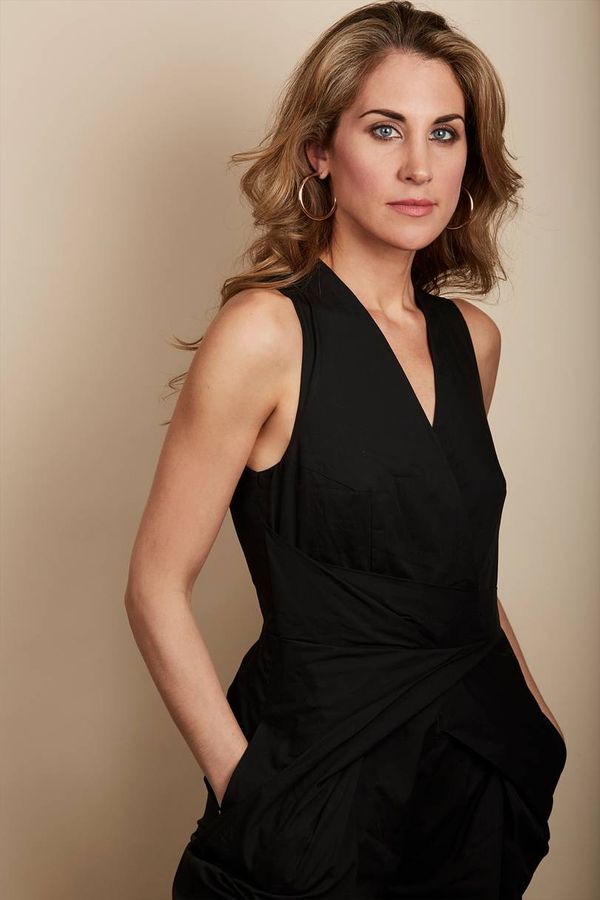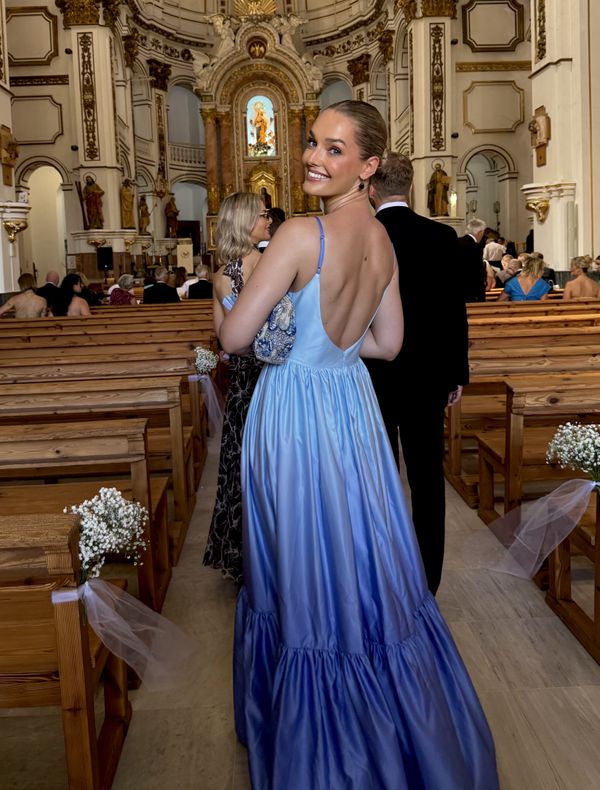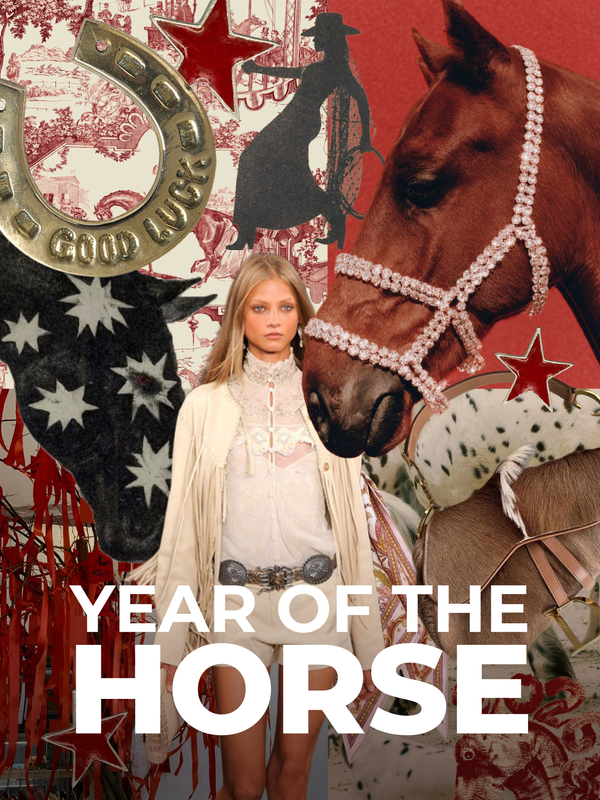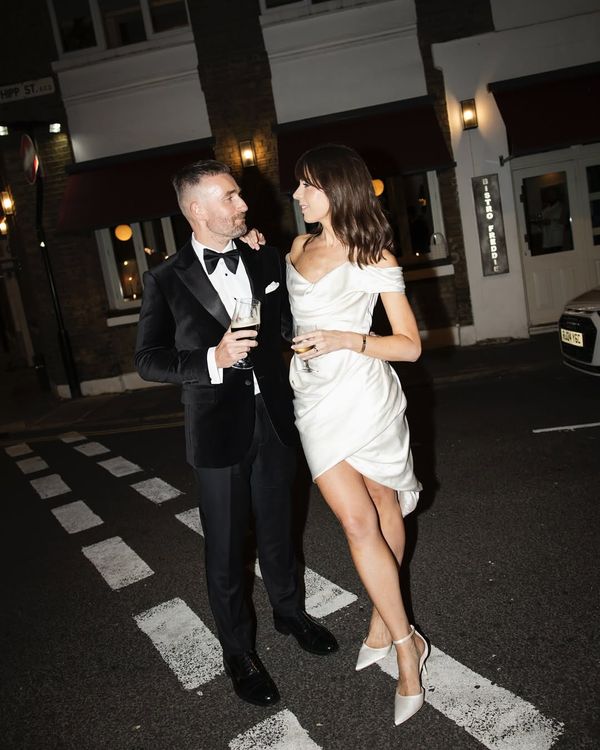We spoke to Anne-Marie about her career as a journalist, the concept of digital wellbeing and the future of AI in fashion.
On her career background:
Anne-Marie is a journalist and editor and used to work as a broadcaster and documentary maker. She started her career in the RTÉ newsroom in Ireland and has since moved from the BBC to Mashable and more recently, British Vogue and British Glamour. Through this, her interests have moved from broadcasting to digital media and AI and now she is combining her love for tech and fashion with sustainability at Glamour.
When did you first become interested in tech and digital culture, and what prompted you to want to investigate the impact of AI?
She began investigating using mobile videos as a news gathering/distribution tool early on in 2013, and was part of the creation of BBC Trending - essentially "the bureau of what was going on on the internet!" Since then, her interest has grown as she believes tech is omnipresent - it is a part of everything that we do. Working at Glamour has shown her how much tech is relevant to women in particular, in an industry that is traditionally so male-dominated.
What's the most shocking fact you have discovered about new emerging tech and surveillance?
Although she has known about this for a long time, it is now becoming more commonly known that our phones are listening to us, so certain apps can personalise our ads. And she is also fascinated by the idea of the cloud and data centres - particularly in wondering just how large the carbon footprints of these centres are, and what our own use of social media means for our individual footprints.
As an editor for Glamour UK, what has been your most memorable article that you've written so far?
She is particularly fond of her interviews that highlight real untold stories, for example the stories of those badly affected by the Grenfell cladding scandal or the shocking article about child predators on Instagram. She believes it is these articles that hold power to account that are truly memorable and ultimate helping to move society forward (Instagram have since updated their child safety policy).
What was it like working for British Vogue especially on the 'Forces for Change' issue guest edited by Duchess of Sussex Meghan Markle?
It was "without a doubt one of the highlights of working at British Vogue - Edward Enninful is a real trailblazer". The Sept 2019 issue on Forces for Change and the women included on the cover are really "symbolic of where we are now and what we want to see in the world" - the topics of inclusion and diversity has been unavoidable this year. And it showed that there was politics in fashion too, both subtle and powerful.
What advice would you give to a data science student hoping to work in the fashion industry?
She believes the data area of fashion industry is still in major deficit and that there is a huge opportunity to work in that sector. We are seeing more and more of a need for a greater insight into supply chains and more transparency in general - so we need the right people to do those jobs.
Do you need a degree in journalism to pursue it as a career?
She explained that she didn't study journalism until her masters herself, and that although it is wonderful to get an education, you can certainly still pursue the career without that early qualification. The future of education to her involves us revisiting different parts of our education throughout our lifetime, so we should simply be pursuing our passions when we are young.
You also regularly incorporate sustainability into your work. Do you believe there is a strong connection between tech and sustainability?
To her, the responsibility to create a more sustainable future lies across many parties - it is the collective responsibility of large corporations, consumers, education, legislation etc. to make changes whilst incorporating the solutions that are happening in the tech space.
How would you describe your personal style?
"I'm bit of a chameleon!" She prefers quite a classic style, almost French but incorporated with street style. The most important thing is that she feels confident and comfortable.
Whose wardrobe would you like to rent - dead, alive or fiction?
Olivia Palermo!






